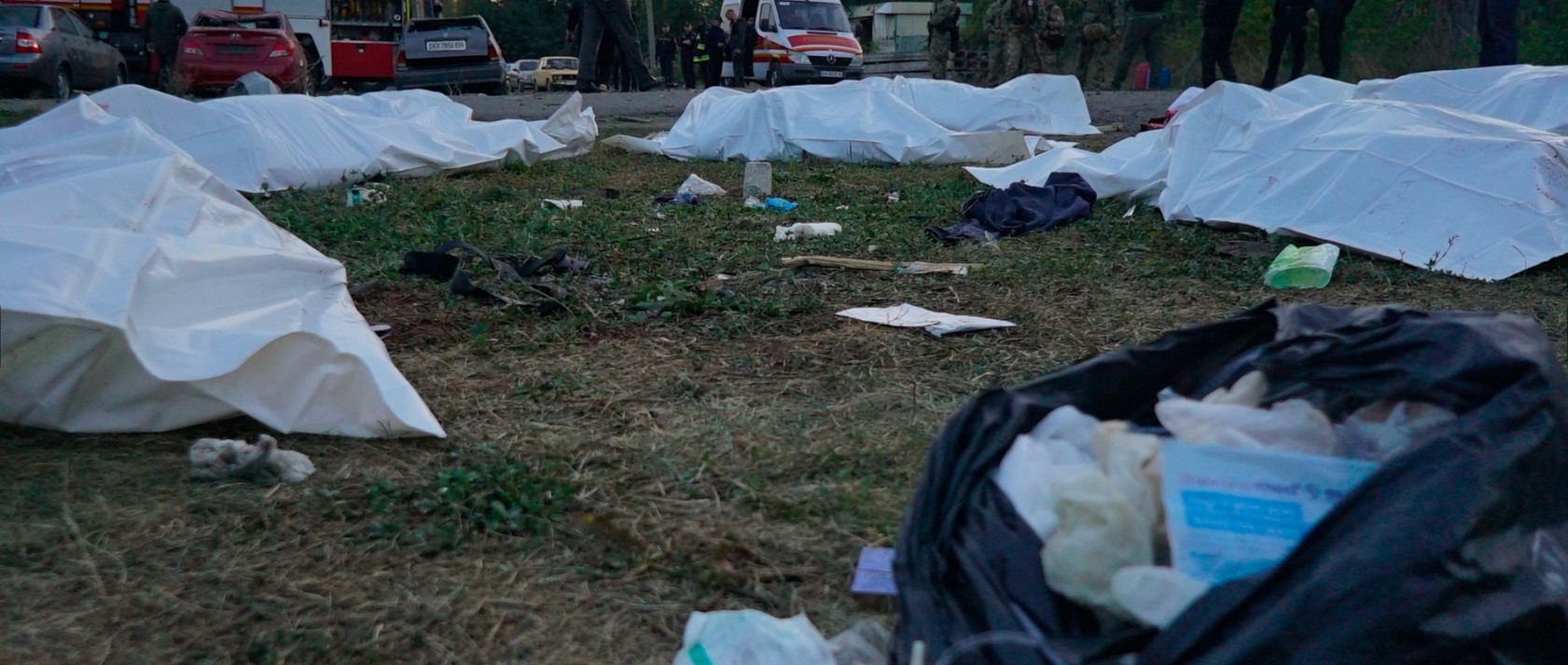Vadym Skibitsky, representative of the Main Intelligence Directorate of the Ukrainian Ministry of Defense, emphasized the need to intensify data collection on war crimes committed by Russian forces during the discussion Justice as a Key Tool for State Development.
According to him, alongside testimonies from victims, which are highly valued by international organizations, a crucial role in holding perpetrators accountable for war crimes is played by searching and analyzing information from open sources ― such data can serve as a basis for evidence.
"At the initial hearings at the International Court of Justice in The Hague, when examining Russia's support for terrorist activities, 75% of the information was collected from open sources," said Vadym Skibitsky.
These were data from non-governmental organizations, media, and information from various structures that investigated, collected, and structured evidence of war crimes.

In this context, he also mentioned the Book of Executioners ― a database of Russian soldiers who committed crimes in Ukraine.
The project was launched in 2022. The information presented in the Book of Executioners is the result of the work of the Ukrainian intelligence community and concerned researchers.
"We need not just to continue but to ramp up this activity. This work should be joint ― for both the state and society," said Vadym Skibitsky.




















